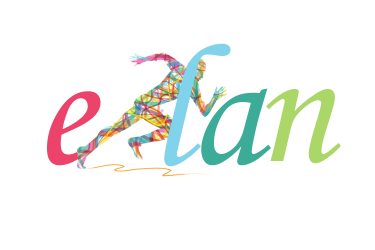DUH! That is how I answer this extraordinarily clever question often asked by most English learners. Most English learners automatically assume and even presume that the fact that I am specialized in pronunciation, must imply that I am “anti grammar”. Well, allow me to say that is a bunch of baloney! I do not hate grammar or attempt to undermine it in any way, shape or form. I actually can’t see how any language can be learned or taught without grammar. Grammar is everywhere. You don’t make sense without it. It is indispensable. I have got nothing against it. Period. But I do have a beef with how it is taught in the classroom.
I strongly disapprove and even dislike the method in which grammar is and has been taught for decades. Grammar is extensively taught to foreign language learners as if they were all aspiring English teachers, not just users of the language. While it is expected of the teachers to possess a strong command and solid understanding of the rules and fundamental principles of the language they teach, students do not. Most native speakers use correct grammar without the slightest idea of why or how these rules work. They intuitively employ grammar accurately (and sometimes inaccurately but most of them speak too quick for non-native speakers to get busted) because they have become familiar with all the different scenarios for which we use the language. They probably received tons and tons of instant and direct (and unapologetic) feedback from their parents or school teachers as they were growing up. Now, under the banner of “it’s okay if they make mistakes as long as they talk”, the students are being deprived of instant feedback and their errors overlooked. Well, what is hideously wrong about this premise is that it denies the learners the chance to experience the true phenomenon of language acquisition. I am not suggesting that the teachers interrupt the students every 2 seconds, but definitely interrupt them more often and most importantly demonstrate to them how the error could lead to a misunderstanding, alter the initial intention of the speaker and thus affect the perception of the audience. This needs to be done rather cleverly by the teachers who, in my opinion, should be offered special training in using effective error correction techniques that could not only benefit the student being corrected but also the entire group or class.
To get back to the original question of this article, should you study grammar? Yes you should. Forget “should”, you MUST. Do it…by yourself though. Do not waste your time studying or learning grammar rules in the classroom. There are so many self-study grammar books and materials at your disposal. The classroom should be a place for you to do what you can’t do by yourself, what the books and CDs can’t do for you. And what is that? Practice the language and get instant feedback. When I talk about “practice”, I’m talking about acquiring the physical ability to produce, reproduce and perceive the sounds of the language properly, accurately and effortlessly. That does not, as many teachers and learners presume, only consist of pronunciation teaching and practice, but also grammar as the learners still need to understand the intention of the speaker and the purpose of the spoken word, sentence or text before producing it or perceiving it. That is grammar right? It is how we use the language correctly to form meanings and ideas in particular contexts or situations. I have always argued that pronunciation should not and cannot be taught in isolation as it is truly interconnected with grammar and vocabulary. If fluency is what you are trying to achieve, the language must be taught THROUGH pronunciation. That means both grammar and vocabulary must be taught THROUGH pronunciation.
Pronunciation is not a subject, but a tool, an instrument, a method through which we connect the learners to other elements of the language. Through pronunciation, we connect the learners to the language culturally, mentally and emotionally so that they can more easily grasp how it’s employed and identify with the people employing it.

Leave a Reply